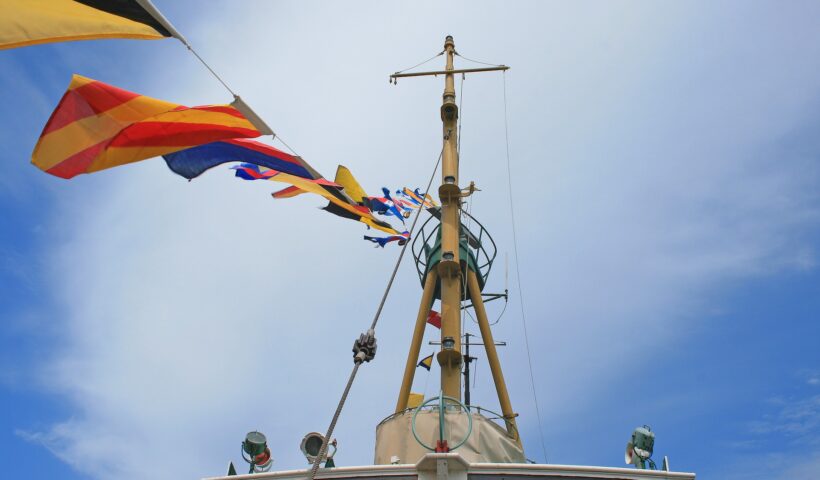Principle of the Exclusive Jurisdiction of the Flag State in the law of the sea and customary international law, 1952 Brussels Convention for the Unification of Certain Rules relating to Penal Jurisdiction in Matters of Collision and Other Incidents of Navigation, 1966 International Convention on Load Lines, 1971 Agreement on Special Trade Passenger Ships, 1972 Convention on the International Regulations for Preventing Collisions at Sea, 1974 International Convention for the SOLAS, 1976 ILO Convention No. 147 concerning Minimum Standards in Merchant Ships, 1993 Torremolinos Protocol, 1995 International Convention on Standards of Training, 2006 Maritime Labour Convention, Article 97 of the LOSC, Certification and Watchkeeping for Fishing Vessel Personnel (STCW-F), Certification and Watchkeeping for Seafarers, Exclusive Jurisdiction of the Flag State, ILO, IMO, International Convention for the Safety of Fishing Vessels, International Convention on Standards of Training, sail under its flag
View More Principle of the Exclusive Jurisdiction of the Flag State in the law of the sea and customary international lawTag: 1972 Convention on the International Regulations for Preventing Collisions at Sea
what is “The Right of Innocent Passage” in law of the sea and customary international law
The right of innocent passage through the territorial sea is based on the freedom of navigation as an essential means to accomplish freedom of trade. In his book published in 1758, Emer de Vattel had already accepted the existence of such a right. Subsequently, in the Twee Gebroeders case of 1801, Lord Stowell ruled that: ‘[T]he act of inoffensively passing over such portions of water, without any violence committed there, is not considered as any violation of territory belonging to a neutral state – permission is not usually required.’ It may be considered that the right of innocent passage became established in the middle of the nineteenth century. In this regard, the Report Adopted by the Committee on 10 April 1930 at the Hague Conference for the Codification of International Law clearly stated:
This sovereignty [over the territorial sea] is, however, limited by conditions established by international law; indeed, it is precisely because the freedom of navigation is of such great importance to all States that the right of innocent passage through the territorial sea has been generally recognised. what is “The Right of Innocent Passage” in law of the sea and customary international law, 1972 Convention on the International Regulations for Preventing Collisions at Sea, Article 17 of the LOSC, Article 19(2) of the LOSC, coastal State, coastal States, fishing activities, Innocent Passage, landing or taking on board of any aircraft, Lord Stowell, serious pollution, spying, territorial sea, The Right of Innocent Passage, Twee Gebroeders case, underwater vehicles


